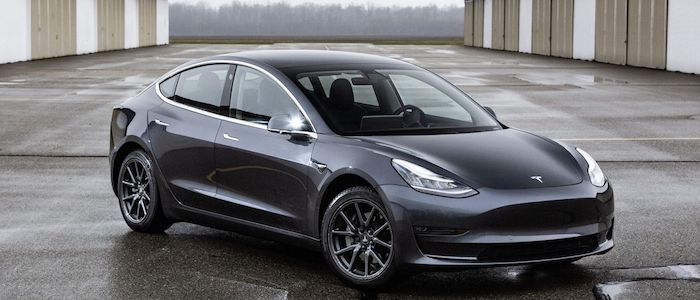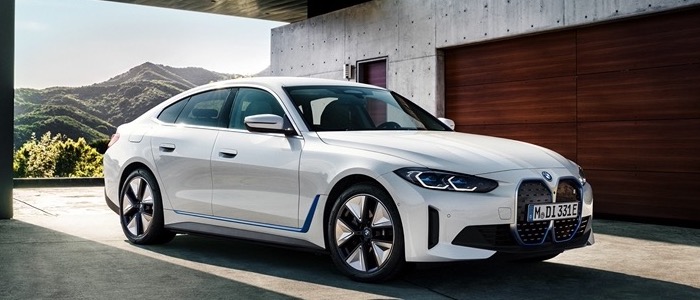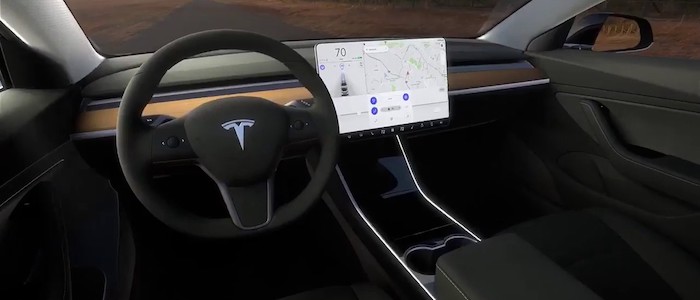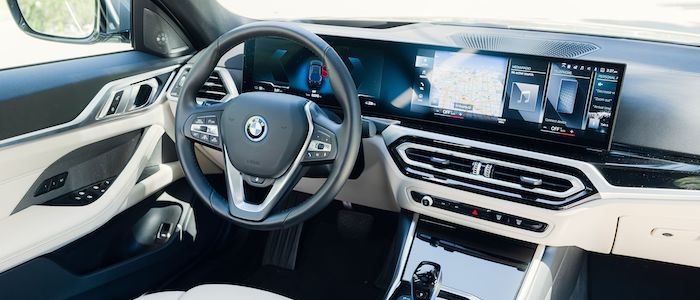Compare two cars
Compare any two cars and get our Virtual Adviser™ opinion
Dimensons & Outlines
Check vehicle history
Engine
Performance (manual gearbox)
Performance (automatic gearbox)
Expenses
Virtual Adviser's™ opinion
Well, these are two pretty similar cars we have here! It's only details that could potentially make the difference. Considering they both belong to the large family car segment and utilize the same 5-door hatchback body style and the rear wheel drive system, it all comes up to the specific electric engine choice they offer. The first one has a Tesla-engineered powertrain under the hood, a PMSM Electric unit in formation 0 / 1 with 204hp unit, while the other one gets its power and torque from a IM Electric unit in formation 0 / 1 with 286hp engine designed by BMW.
SafetyThe first thing to look into here would be the results from European New Car Assessment Programme (Euro NCAP) tests performed on the two cars. Good thing is that both vehicles got tested, with the Tesla being a slightly better choice apparently. That aside, let's consider some other aspects which affect safety. Both vehicles belong to the large family car segment, which is generally a good thing safety-wise, but that fact doesn't break the tie between the two cars. On the other hand, if we'd like to consider vehicle mass in this context too, which we definitely should, the German car offers a considerable difference of 20% more metal.
ReliabilityI don't like generalizing things when it comes to reliability, although it does seem that Tesla is significantly less fault-prone, at least on all of the models level. These are the results of an independent reasearch, while our visitors describe reliability of Tesla with an average rating of 1.3, and models under the BMW badge with 4.1 out of 5. Some independent research have also placed Model 3 as average reliability-wise, and i4 is more or less at the same level.Above it all, drivers of cars with the same engine as the American car rank it on average as 1.0 out of 5, exactly the same as the other one.
Performance & Fuel economyTesla is a bit more agile, reaching 100km/h in 0.4 seconds less than its competitor. In addition to that it accelerates all the way to 201 kilometers per hour, 11km/h more than the other car. When it comes to fuel economy things look pretty much the same for both cars, especially if you take into account all the free charging points provided by the manufacturer and/or the local government's environmental programs. One of the essential things to consider when it comes to this type of vehicles would be range, giving a significant advantage to the German car with its additional 81 kilometers on a single charge.
Verdict
Tesla appears just a bit more reliable, although the difference is truly marginal. The most important thing when deciding between any two vehicles should always be safety, both passive and active. In this case though, it seems that both cars show similar levels of passenger protection all together, so that won't break a tie. But one thing that actually could is the performance, with Tesla outracing its opponent in any situation possible, making it better choice for boy racers. The German car provides significantly better range, something that shouldn't be overlooked. It's really tough to make a final decision here, but if I'd need to, I'd say BMW. Nevertheless, let's not forget that people have different preferences and needs, so what really counts is your personal feel. I'm only here to help. In case you have two minutes to spare I invite you to define your needs, desires and budget and see which car would be chosen by the virtual adviser™, out of 12.000+ vehicles we currently have in our database.































